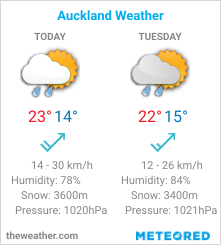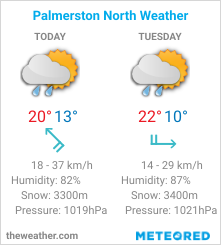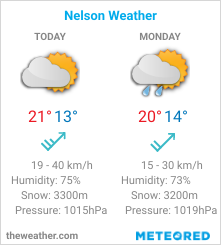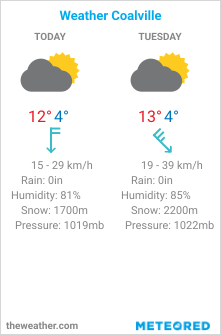Two Royal New Zealand Navy Karman Seasprite helicopters perform during an air show in 2006. The service wants to replace its fleet of Kaman SH-2G(I) Seasprites. (Ross Land/Getty Images)
WELLINGTON, New Zealand — New Zealand’s military issued a request for information on April 24 for naval helicopters and aerial drones to replace the eight Kaman SH-2G(I) Seasprites operated by the Royal New Zealand Navy.
The Defence Force’s 2019 annual report said the country will replace its maritime helicopter fleet by 2027 in order to prevent “a capability gap arising from the end of service life of the Seasprite fleet.”
In November 2021, an “opportunities workshop” for the Maritime Helicopter Replacement Project mentioned a planned withdrawal of the SH-2G(I) Seasprite helicopter in 2028.
The newly released RFI mentions deliveries to the Navy from mid-2027.
According to the military’s 2019 Defence Capability Plan, the replacement program would cost more than NZ$1 billion (U.S. $616 million).
The tender closes June 21, 2023, and does not provide further information on the uncrewed aerial systems sought by the military.
The Seasprite is able to operate from the Navy’s two frigates, the sealift ship Canterbury, the tanker Aotearoa and the two offshore patrol vessels. The helicopter’s weapons include Penguin anti-ship missiles and MK 46 torpedoes.
The 53-foot-long aircraft has a maximum takeoff weight of 14,200 pounds. Potential replacement options are larger and heavier.
The Navy used Westland Wasp helicopters for more than 30 years until replacing that fleet with four SH-2F Seasprites in 1997. Five SH-2G Seasprites entered service in 2001, and the SH-2G(I) versions have flown with the force since 2015.
Nick Lee-Frampton is the New Zealand correspondent for Defense News.

:quality(70)/cloudfront-us-east-1.images.arcpublishing.com/archetype/5GOZJEWLAZCVXCFYI7O7DJKEKA.jpg)









No comments:
Post a Comment
How did you like the post, leave a comment. I would appreciate hearing from you all. Best wishes from JC's Naval, Maritime and Military News